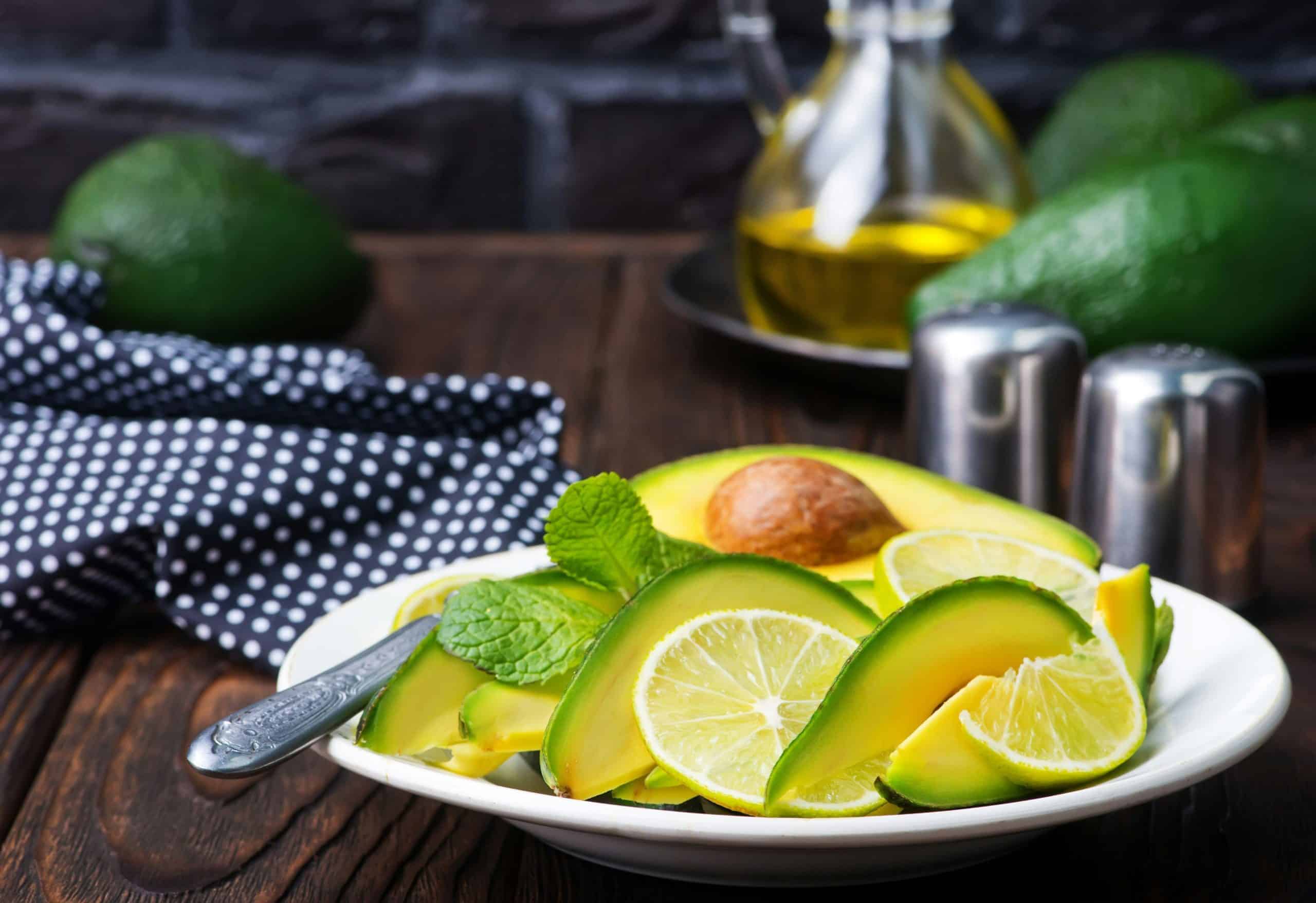Choosing the right cooking oil for high-heat cooking can significantly impact both your meals and your health. Not all oils can withstand high temperatures, and some may even release harmful compounds when heated. This guide highlights the best oils that not only retain their nutritional value but also enhance the flavors of your dishes. Discover healthier choices that suit your cooking style while boosting your culinary creations. Get ready to elevate your cooking experience by making informed decisions about the oils you use.
Overview of Cooking Oils
Cooking oils are essential in culinary practices, serving as both a cooking medium and a flavour enhancer. They are derived from various plant sources and play a crucial role in high-heat cooking methods, such as frying and sautéing. The choice of oil can significantly impact the flavour and healthfulness of a dish.
Also to read : Understanding Anxiety and Panic Attacks: Your Complete Guide
When selecting cooking oils for high-heat cooking, it's important to consider their smoke point, which is the temperature at which an oil begins to smoke and break down. Common types of cooking oils suitable for high-heat cooking include canola oil, which has a neutral flavour and a high smoke point, and peanut oil, known for its robust flavour and heat stability. Olive oil, particularly extra virgin, is often praised for its health benefits but has a lower smoke point compared to other oils.
The health implications of cooking oils are largely determined by their fatty acid composition. Oils high in unsaturated fats, such as olive and canola oil, are generally considered heart-healthy, while those high in saturated fats, like coconut oil, should be used in moderation. Understanding these factors can guide healthier cooking choices.
This might interest you : Discover the best beauty supplements for youthful vitality
Understanding Smoke Points
The smoke point of an oil is the temperature at which it starts to smoke and break down, releasing harmful compounds and unpleasant flavours. It is crucial to consider this when choosing an oil for cooking, as exceeding the smoke point can compromise both the taste and nutritional value of your dish.
Different oils have varying smoke points, which influence their stability in cooking. For example, canola oil boasts a high smoke point, making it ideal for frying and sautéing. Peanut oil also offers excellent heat stability, suitable for similar cooking methods. In contrast, olive oil, especially extra virgin, has a lower smoke point, making it less suitable for high-heat applications but perfect for dressings and low-heat cooking.
Exceeding an oil's smoke point can lead to the formation of free radicals and other harmful substances, impacting both health and flavour. This degradation affects the oil's stability and nutritional profile, making it essential to select the right oil for the appropriate cooking temperature. By understanding the smoke points of various oils, you can make informed decisions that enhance both the safety and taste of your culinary creations.
Health Benefits of Different Oils
Understanding the health benefits of cooking oils requires examining their unique nutritional value and composition. Various oils offer distinct advantages due to their specific compounds and fatty acid profiles.
Oils rich in omega-3 fatty acids, such as flaxseed oil, are praised for their heart-healthy properties. These fatty acids are essential for reducing inflammation and promoting cardiovascular health. On the other hand, oils like sunflower and corn oil are high in omega-6 fatty acids, which are also essential but should be balanced with omega-3 intake to maintain optimal health.
Antioxidant properties are another significant factor in evaluating the health benefits of oils. Olive oil, particularly extra virgin, is renowned for its high levels of antioxidants, including vitamin E and polyphenols, which help combat oxidative stress and reduce the risk of chronic diseases. These compounds contribute to the oil's overall nutritional value.
Incorporating a variety of oils into your diet can provide a broad spectrum of beneficial compounds, supporting overall health. By understanding the oil composition, you can make informed choices that align with your dietary needs and preferences.
Best Cooking Oils for High-Heat Cooking
Choosing the best oils for high-heat cooking, such as frying and sautéing, is crucial for both flavour and health. Different oils offer varying benefits based on their smoke points and nutritional profiles.
Comprehensive Comparison
-
Canola Oil: Known for its neutral flavour and high smoke point, canola oil is ideal for frying and sautéing. Its heart-healthy unsaturated fats make it a popular choice.
-
Peanut Oil: With a robust flavour and excellent heat stability, peanut oil is perfect for high-heat methods. It’s especially favoured in Asian cuisine.
-
Sunflower Oil: Offers a high smoke point and light taste, making it versatile for various cooking techniques.
Recommended Oils for Specific Methods
-
Frying: Peanut and canola oils are top contenders due to their high smoke points and stability.
-
Sautéing: Olive oil, though lower in smoke point, can be used for sautéing over moderate heat for added flavour and health benefits.
Suggested Brands
For quality and health benefits, brands like Bertolli for olive oil and Crisco for canola oil are highly recommended. These brands are known for their purity and consistent quality, ensuring a healthier cooking experience.
Using Cooking Oils Safely
Storing and reusing cooking oils safely is essential for maintaining their quality and ensuring health benefits. Proper oil storage involves keeping oils in a cool, dark place to prevent oxidation and spoilage. Light and heat can degrade oils, affecting both flavour and nutritional value. Use airtight containers to minimise exposure to air, which can accelerate degradation.
When it comes to oil reuse, there are specific guidelines to follow. First, ensure the oil is strained to remove food particles, which can cause it to break down faster. Reuse oils only a few times, as repeated heating lowers the smoke point and increases the risk of harmful compounds forming. Always check for signs of degradation, such as a rancid smell, off-taste, or excessive darkening, before reusing oil.
Safety tips include avoiding mixing different types of oils, as they have varying smoke points and can react differently under heat. Additionally, never leave oil unattended while heating, as it can reach its smoke point quickly, posing a fire hazard. By adhering to these practices, you can enjoy cooking with oils while prioritising safety and health.
Recipes Featuring High-Heat Cooking Oils
Incorporating high-heat cooking oils into your recipes can enhance both flavour and nutritional value. Here are some delicious recipes and tips to help you make the most of these oils in your kitchen.
Stir-Fried Vegetables with Peanut Oil
Peanut oil is perfect for stir-frying due to its robust flavour and high smoke point. To create a vibrant stir-fry, heat a tablespoon of peanut oil in a wok, add your choice of vegetables like bell peppers, broccoli, and carrots, and sauté until tender-crisp. The oil's nutty essence pairs beautifully with soy sauce and ginger.
Grilled Chicken with Canola Oil Marinade
Canola oil's neutral flavour makes it an excellent base for marinades. Mix canola oil with lemon juice, garlic, and herbs to marinate chicken breasts. Grill the chicken over medium-high heat for a juicy, flavourful result. The oil ensures even cooking and adds a subtle richness.
Sunflower Oil Roasted Potatoes
For crispy roasted potatoes, toss them in sunflower oil, known for its light taste and high smoke point. Season with rosemary and sea salt, and roast at a high temperature. The oil helps achieve a golden, crunchy exterior while keeping the inside tender.
Potential Drawbacks of Cooking Oils
While cooking oils are integral to culinary practices, there are notable oil drawbacks that warrant consideration. Certain oils, particularly those high in saturated fats like coconut oil, can contribute to health risks such as increased cholesterol levels and heart disease if consumed in excess. It's vital to be aware of these potential health risks and make informed choices.
Moderation is key when it comes to oil consumption. Even oils rich in unsaturated fats, like olive oil, should be used sparingly to avoid excessive calorie intake, which can lead to weight gain and associated health issues. Balancing oil intake with other dietary fats is crucial for maintaining optimal health.
There are also common misconceptions about cooking oils. For instance, some people believe all oils labelled "vegetable" are inherently healthy, overlooking their varying compositions and health impacts. It's important to understand that not all plant-based oils are created equal, and their health effects can differ significantly. By staying informed about the health risks and consumption limits of different oils, you can make better dietary choices and enjoy the benefits of cooking oils without compromising your health.











